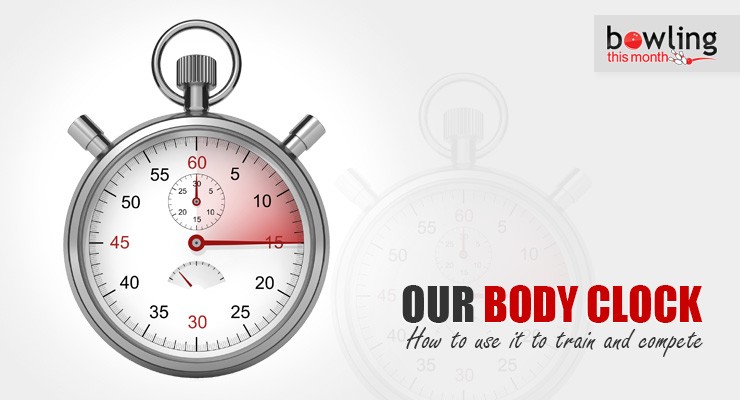Circadian rhythms are biological processes that involve built in and self-sustaining rhythms that are adjusted by the local environment.
“People whose circadian rhythms are synchronized to their local environment and wake habitually at 8 am would be expected to have their lowest body temperature occur [in the morning] and their peak body temperature occur [in the evening]. If the difference between the maximum and minimum of peak sport performance is assumed to be 1 percent, then elite male runners would be two seconds faster in a 1500 meter run and 75 seconds faster in a marathon run [in the evening] compared [to the morning] due to this assumed circadian variation in performance.”
—Federation International de Medicine Du Sport (2004)
As a coach, I strive to leave nothing to chance in the preparation of an individual athlete or team for a major championship. From my perspective and experience, greatness is embedded in the details of these preparations. With this focus in mind in this Slowinski at-large, I explore from both a training and competition standpoint how the time of day impacts your body’s ability to maximize performance.
To start, your circadian rhythm will vary throughout the day. Being aware of what your circadian rhythm is will impact your decision making about training times and how you warm-up for competition as well as determine the time of day you will practice for a tournament.
Research about circadian rhythms and performance
An individual’s body temperature slowly increases throughout the day with the minimum at 0600 and the maximum at approximately 1800 hours, cooling again throughout the evening. Due to body temperature variation throughout the day of around 1.4 degrees Fahrenheit (0.8 Celsius), flexibility in the morning is reduced while maximized in the early evening.
To illustrate, a study by Gifford (1987) found an average variation of 13.12 degrees in lumbar flexion (lower spine) over a 24 hour ...
This article is only available to Bowling This Month subscribers. Click below to get instant access to this article and all of our other premium instructional content.
Subscribe to Bowling This Month
Already a Bowling This Month subscriber? Click here to log in.
Image Credits: Stopwatch illustration (©iStock.com/Bibigon) is licensed for use by BTM and is the copyrighted property of its original creator.
